Ahead of the G20 summit, the Delhi Government has announced a public holiday from September 8 to 10. For the unversed, established in 1999, G20 is a ‘Group of 20’ leading world economies, including 19 nations and the European Union. Formed as a response to the Asian financial crisis, it serves as a platform to unite finance ministers and central bank governors from different countries to address key macroeconomic issues and pressing global concerns.

G20 Summit is held annually, and as the holder of the presidency, India will be hosting the summit this year in ‘Bharat Mandappam’ at ITPO Convention Centre, Pragati Maidan, Delhi from September 9-10. Here are 8 changes to be in place in the national capital for the same:
1. A 3-DAY public holiday
Delhi Government has announced a 3-day public holiday from September 8-10 in the national capital, ahead of the summit. This means all banks, financial institutions, government offices, educational institutes, public and private offices, and commercial establishments, like malls, shopping centres, and restaurants, located in the NCT of Delhi will be closed during the said days.
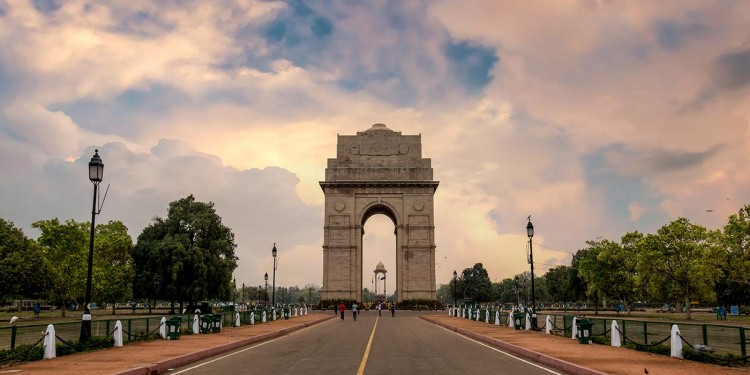
2. Online classes and work from home
Schools and offices may switch to online mode and carry out day-to-day operations during the period.
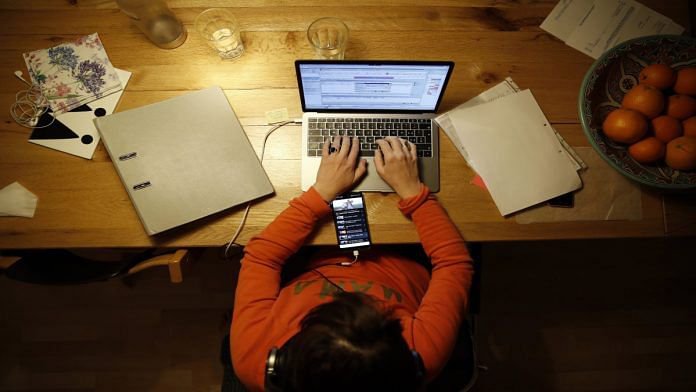
3. Access to essential services
There will be no restrictions on essential services transport, like ambulances, medical services, etc. Reportedly, hospitals, milk booths, and pharmacies shall remain open.
4. Travel via Delhi Metro advised
Given the restrictions on commuting, it is advisable to use the Delhi Metro for travelling during the G20 summit days. However, Supreme Court Metro Station will not be available for boarding/de-boarding from 5:00 am on 9 September to 11:00 pm on 10 September. According to a Hindustan Times report, the Delhi Police may ask DMRC to halt around 30 stations for a few hours each day to allow VVIP movement. These stations include Rajiv Chowk, Pragati Maidan, and Khan Market, among others.
“We will be writing to DMRC in a few days about the closure of these Metro stations. They will not be closed for the entire day. They will only be shut for a few hours during VVIP movement”, said a senior police officer, reported HT.
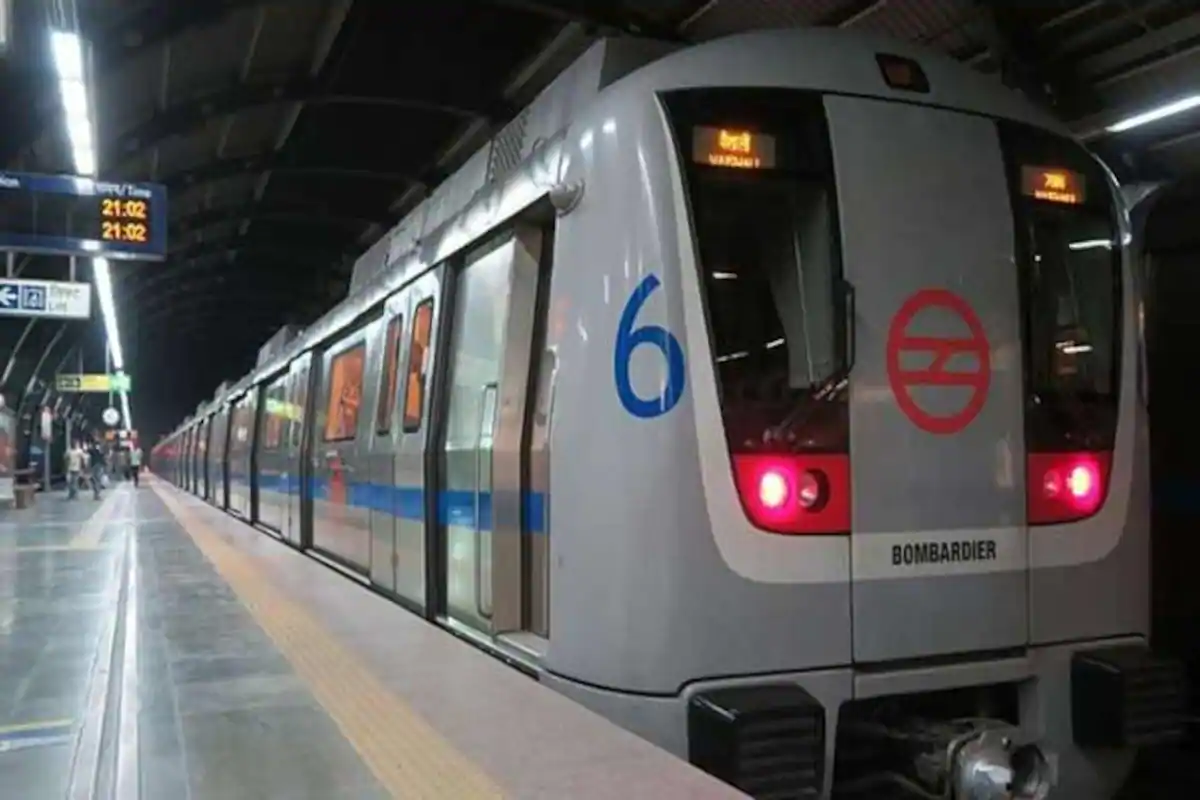
5. Severe restrictions on bus and traffic movement
Only residents & authorized vehicles will be permitted to move within New Delhi District. A report by CNBC TV-18 details the information about the Delhi bus movement during the summit days. While the City bus services won’t be operational in the New Delhi area, they will be allowed on the Ring Road and beyond towards Delhi borders. Where interstate buses will be allowed in Delhi, they would not permitted to terminate at inter-state bus terminals (ISBT), including Kashmere Gate, Sarai Kale Khan and Anand Vihar.
Additionally, all kinds of goods and commercial vehicles, and buses will be prohibited from traveling on Mathura Road (beyond Ashram Chowk), Bhairon Road, Purana Quila Road and inside Pragati Maidan Tunnel, claims the CNBC report.
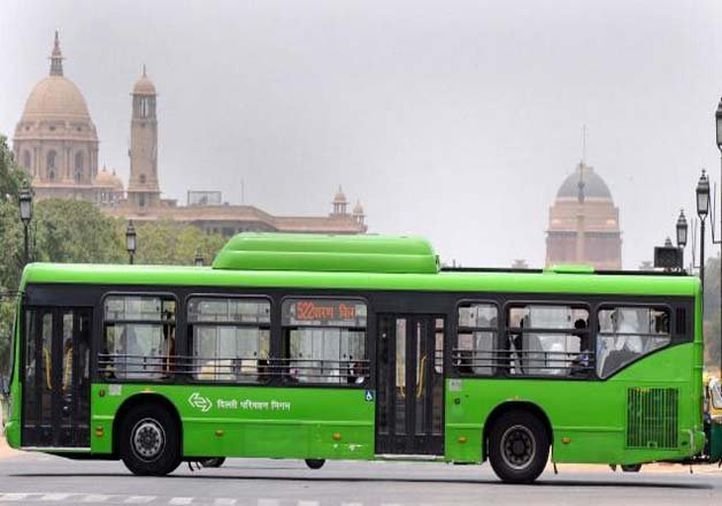
6. Passengers are permitted to commute to and from Railway stations & Airport
Passengers are allowed to travel towards the airport and railway stations. However, they are advised to commute via recommended routes. The Delhi Police has issued an advisory suggesting people opt for Metro’s airport line for smooth movement.

7. Hotel reservations
While prominent Delhi hotels are almost fully booked for the dignitaries attending the summit, tourists with valid reservations will be permitted to use auto-rickshaws or taxis for transportation.
8. While taxis are prohibited, they are permisible for residents and tourists with valid reservations.
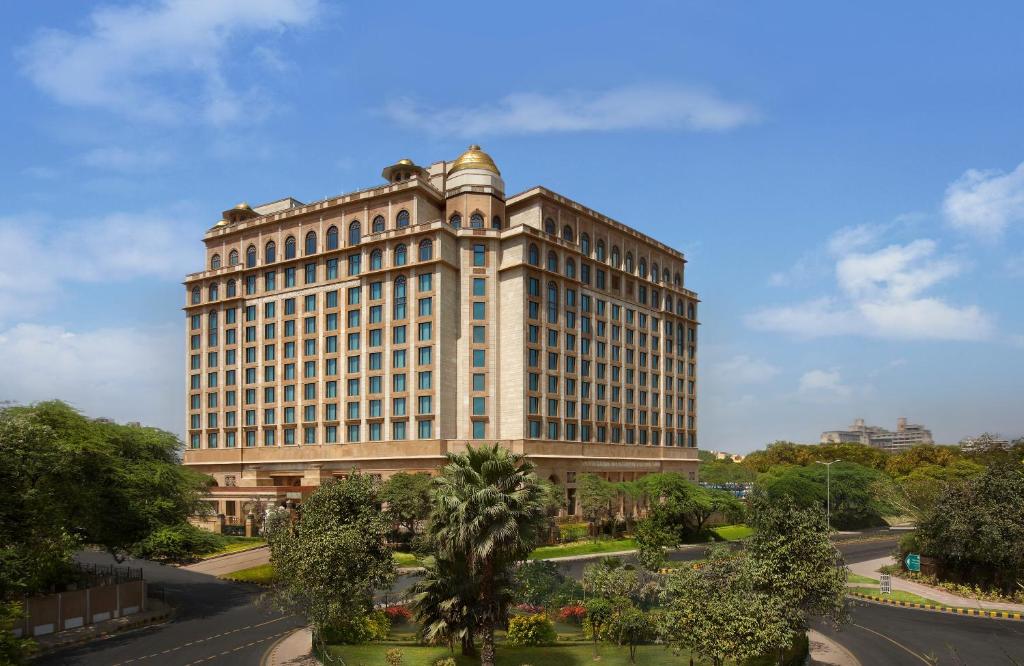
If you are planning to travel to Delhi during the summit days with your own vehicle, it is important you keep track of Delhi Police Traffic advisories.

















